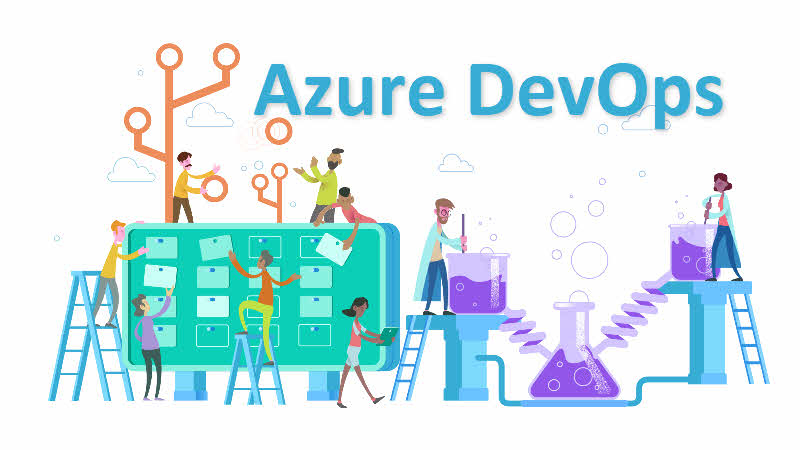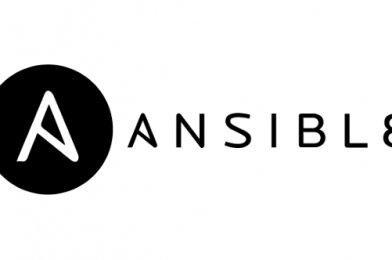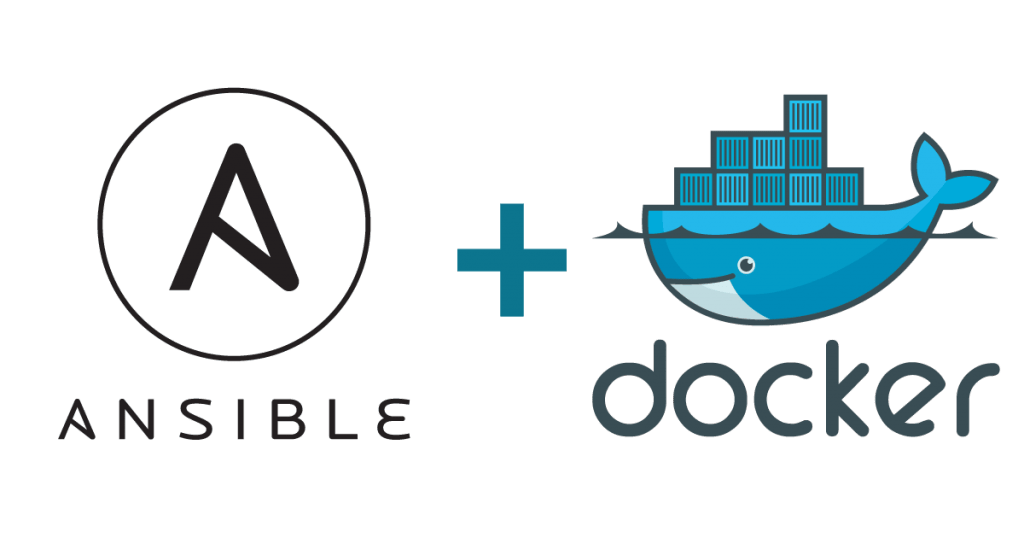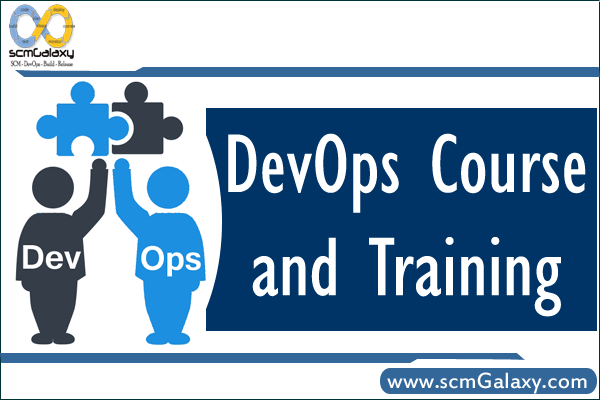Azure DevOps has a great growth in coming times and promising future. The practise of DevOps is increasing day by day in IT domain. The demand for the Azure DevOps is well shown in the salary structure in India for them. This particular blog is all about the future of Azure DevOps in different areas of the IT industry and opportunities you have.
Azure DevOps is a modern DevOps tool which is used to developing, testing and deploying modern apps through optimized cycle to provide a quality delivery of applications to users. It provides so many of tool which can helpful in tracking software building progress and also helpful for taking decision to deliver great software to the end users. The main thing is Azure DevOps services are not dependent on cloud platform.
Who is an Azure DevOps Engineer?
An Azure DevOps engineer responsible for processes, tools, and introduces methodologies to balance requirement during the period of the software development, from coding and deployment, to maintenance and updates. As we know development teams and IT operations teams have different skills and different goals at the time of working.
They help you by streamline product delivery by optimizing practices, improving communications and collaboration, and also creating automation.
What are the roles and responsibilities of Azure DevOps?

DevOps Engineer are someone who work with developers or IT team to oversee the releases of code. Azure DevOps Engineer is someone who understand the Software Development Lifecycle and also familiar with various automation tools for developing digital pipelines known as CI/ CD pipelines.
Responsibilities of an Azure DevOps Engineer
Management
- This role of a DevOps to involves coordinating the efforts of product design and also for development with more business oriented operations and successful launches new product.
Design and Development
- For an organization, Design and development of infrastructure is one of the most important responsibilities of a DevOps Engineer, they also deploy automation which reduces risk management and uphold the infrastructure of the organization.
Collaboration and Support
- Extensive collaboration is required to achieve good results. All of this monitoring from technical analyses to deployment and handled, done with the focus to improve overall system scalability and reliability.
Knowledge
- DevOps engineers have to stay on top of industry trends and best practices recognizing opportunities for automation, design development, and other solutions in a comprehensive manner to boost operational efficiency.
Versatile Duties
- DevOps Engineers have to be adaptive and always ready to take variety of work with time.
Roles of Azure DevOps Engineer

Designing DevOps Strategy—
- Recommend a migration and consolidation strategy for DevOps tools
- Design Associate in Nursing implement an Agile work management approach
- Make a top quality strategy
- Design a secure development method
- Create a tool integration strategy
Implementing DevOps Development Processes—
- Design a version management strategy
- Integrate supply management
- Manage build infrastructure
- Implement code flow
- Implement a mobile DevOps strategy
- Managing application configuration and secrets
- Also check: our web log on Azure DevOps For Beginners
Implementing Continuous Integration—
- Manage code quality and security policies
- Implement a instrumentation build strategy
- Implement a build strategy
Implementing Continuous Delivery—
- Design a unleash strategy
- Set up a unleash management advancement
- Implement Associate in Nursing acceptable readying pattern
Implementing Dependency Management—
- Design a dependency management strategy
- Manage security and compliance
- Also check: summary of AZ-300 examination
Implementing Application Infrastructure—
- Design Associate in Nursing infrastructure and configuration management strategy
- Implement Infrastructure as Code (IaC)
- Manage Azure Kubernetes Service infrastructure
- Implement infrastructure compliance and security
Implementing Continuous Feedback—
- Recommend and style system feedback mechanisms
- Implement a method for routing system feedback to development groups
- Optimize feedback mechanisms
Conclusion
So many big fortune companies along with many start-ups or small businesses are required with an Azure DevOps Engineer who is certified. Not to worry about the job you get or salary offer to you after the completion as a certified Azure DevOps Engineer, just focus on enhancing your real-time experience if you planned to be a part of any big renowned organizations and dream job with the salary you wished for.
As an Azure DevOps engineer, the national average salary is $105,114.
If you want to know more about the world of DevOps and planning to be an Azure DevOps Engineer, then I would like to suggest you DevOpsSchool, one the top institute for Mater in Azure DevOps Certification and training program (AZ-400). We provide you the best instructors who are highly qualified professionals, have more than 10 years of working and teaching experience.
If hope you find this blog helpful and informative about Azure DevOps.
Thank you!!





